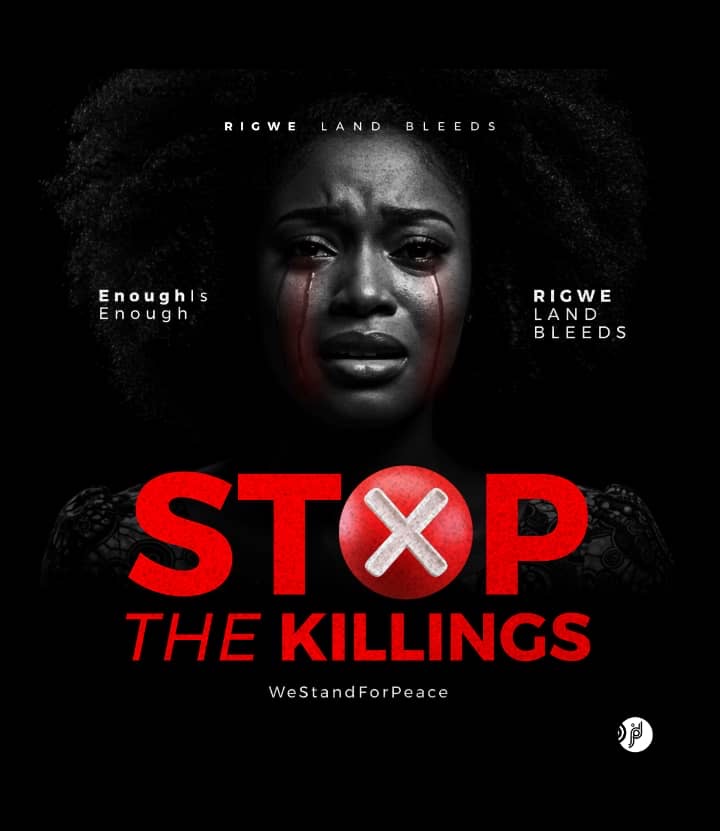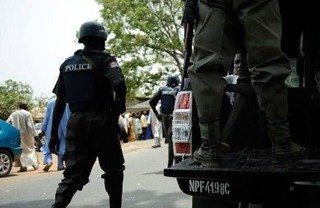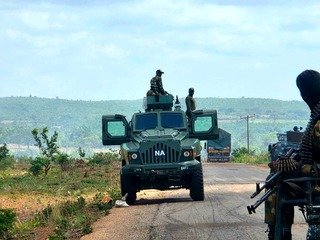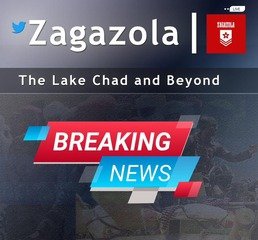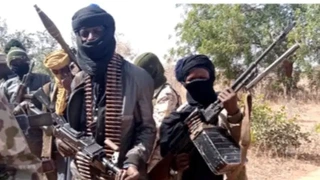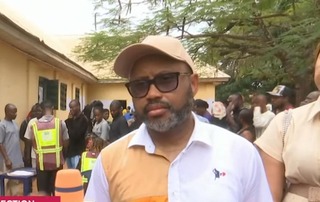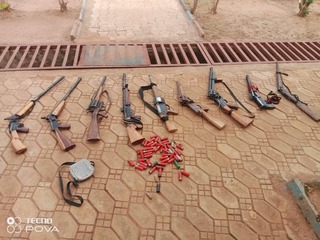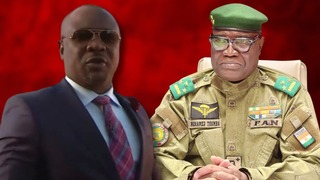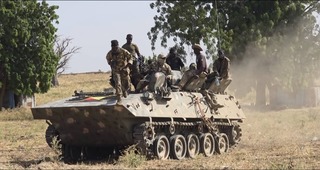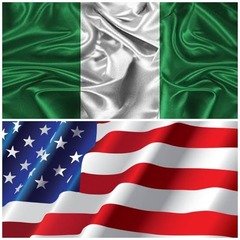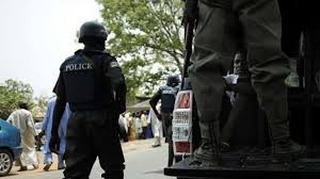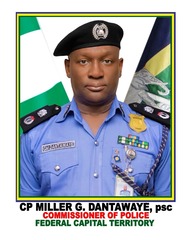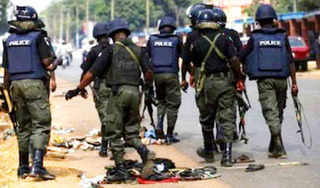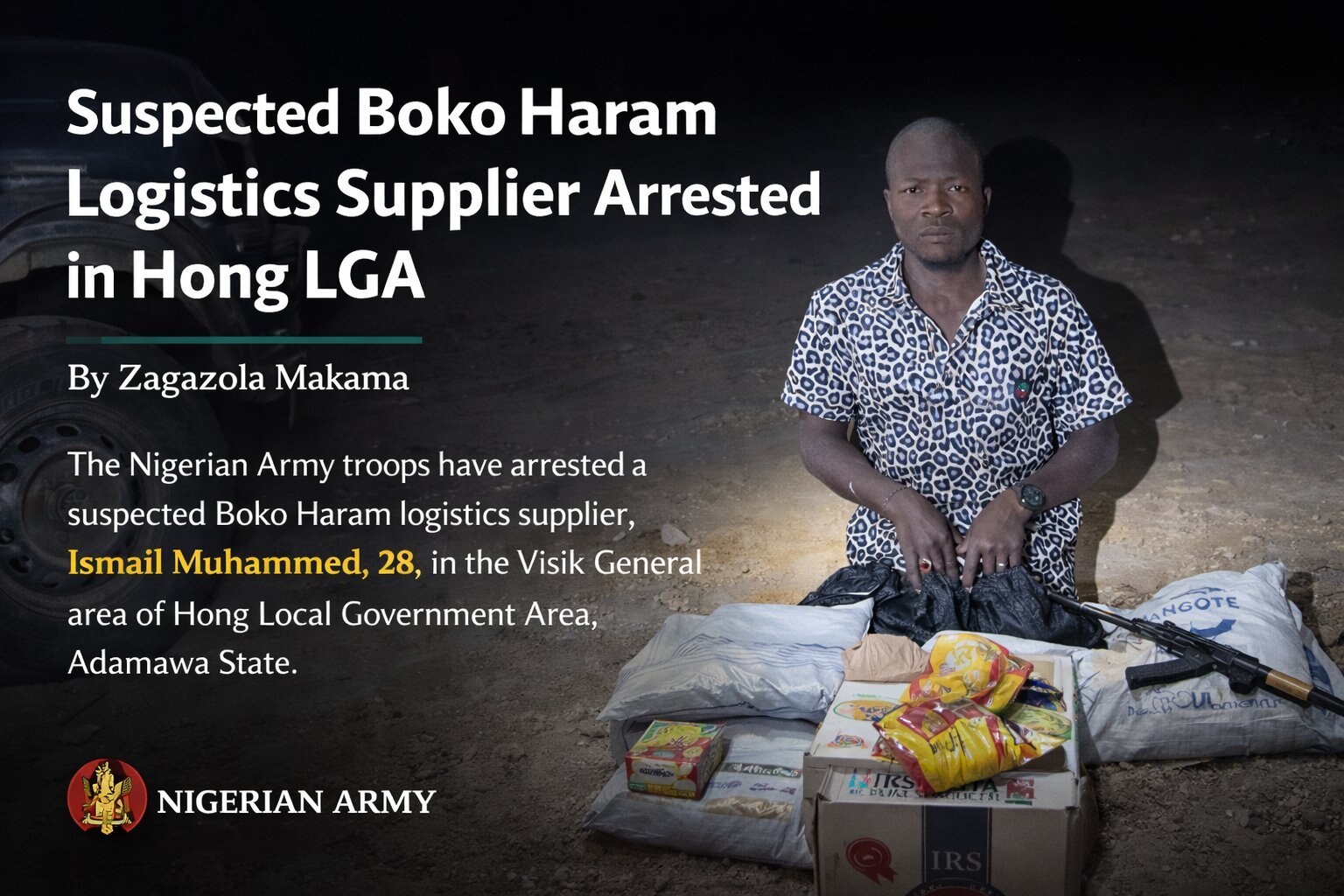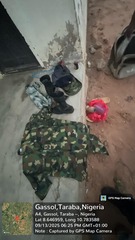As Kimakpa Mourns, All Eyes Should Turn to Mangu – Will Plateau Government Act Before It’s Too Late?
By Zagazola Makama
As the grief-stricken residents of Kimakpa Village in Miango District bury their dead following yet another brutal attack, a disturbing pattern is emerging one that suggests Plateau State is teetering on the edge of a wider and deadlier conflict if urgent, deliberate, and impartial action is not taken.
The tragedy that unfolded in Kimakpa, where people were killed in a nighttime assault by heavily armed men, has once again exposed the response agencies glaring gaps in security response, intelligence gathering, and above all, political will of the state government to identify and prosecute those responsible. While authorities continue to suggest that these attacks are the work of faceless “unknown gunmen,” communities across the state are growing increasingly impatient with this narrative.
This is not just about land. It is no longer credible to suggest that these attacks are merely about land grabbing or cattle grazing disputes. The pattern of violence, the sophistication of the attacks, and the recurring nature of the killings point to deeper, unresolved grievances and a network of people who are benefitting from the bloodshed.
Some of these individuals are known. Yet, no one is willing to point fingers. No one dares to break the silence. This culture of silence and fear must be shattered if peace is to return to Plateau.
All eyes are now turning to Mangu
Just a day after the Kimakpa massacre, cattle were rustled in Murish village, Mangu Local Government Area, by a group of about 30 youths. One of the herders, 21-year-old Abdullahi Suleiman, remains missing. Of the rustled livestock, only 11 have been recovered. However, the situation remains volatile, and if not properly managed, Mangu could be the next epicenter of violence.
The bigger question is: Who are these perpetrators?
Security insiders and community leaders alike admit that those orchestrating and executing these attacks are not strangers. They live among us. They are known. And yet, the reluctance to name and prosecute them continues to embolden the cycle of impunity and bloodshed. There are two farms of attacks taken place in plateau, one is reported and one is under reported. The one that were not reported, were either managed, ignored or dismissed.
It is simplistic and dangerous to continue blaming these attacks on ethnic tensions or “land disputes.” The truth runs deeper. These acts of violence whether disguised as retaliation, self-defense, or communal agitation are being orchestrated by a network of actors who feed on division, chaos, and the collapse of local governance. Let it be stated clearly: the real perpetrators who are fueling the crises are not hiding in distant forests- they are within.
Whether they wear the face of Fulani Bandits, community vigilantes, rogue youth groups, or political influencers, these actors must be exposed and held accountable. Their arrest and prosecution must not be selective or politically motivated. If the state must have peace, it must end the culture of sacred cows.
The government must act now
First, the Plateau State Government and security agencies must prioritize arresting those behind the violence not just the foot soldiers, but the financiers, the enablers, and the instigators.
Second, there must be an honest reckoning with past grievances. Plateau’s history of conflict is filled with unaddressed truths and half-measures. If these are not confronted, peace will remain elusive. Third, community dialogue and intelligence-led policing must take center stage. The people know the perpetrators. They must be empowered and protected to speak up.
Fourth, the deployment of security personnel must be matched with accountability. What happens after security forces arrive? Who is arrested, and what justice is served?
The root causes of these clashes whether communal, economic, political, or historical—must be addressed with sincerity and inclusion. Peace cannot be imposed; it must be negotiated and earned through justice. The people of Plateau deserve peace not peace of the graveyard, but peace built on truth, justice, and accountability. If government continues to delay or act half-heartedly, innocent lives will continue to be the price paid.
The cries from Kimakpa are not just for the dead they are a warning. Another community may be next. The time to act is now.
Zagazola Makama is a Counter Insurgency Expert and Security Analyst in the Lake Chad Region

